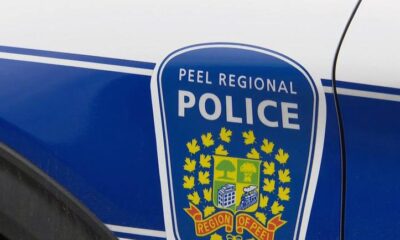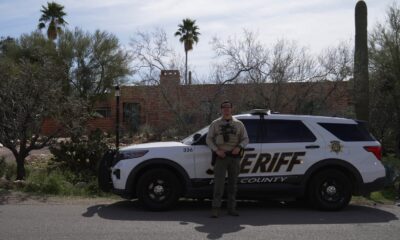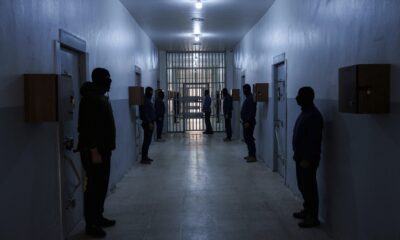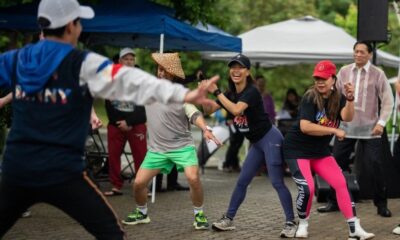Local News
CCLA speaks on the rights of protestors following Avenue Rd bridge arrests
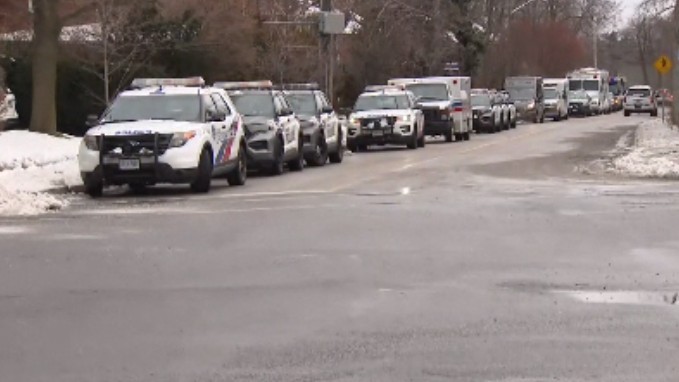
On the heels of the arrest of three people on Avenue Road bridge over the weekend, the Canadian Civil Liberties Association is sharing more about your rights to peacefully protest.
Toronto police arrested three people following a gathering at the Avenue Road bridge on Saturday afternoon, after Toronto Police Chief Myron Demkiw announced a ban on demonstrations and congregations at the bridge, which had been shut down to pedestrian and motor traffic on at least three previous occasions.
Police say a number of people showed up at the overpass attempting to participate in a demonstration, and they were given the opportunity to leave the bridge and refused. They were then arrested and removed from the bridge.
Cyrus Reynolds, 33, of Newmarket, was arrested and charged with mischief. Hesham Aly, 36, of Toronto, and Ali Nasser, 26, of Mississauga, were arrested and charged with obstructing a peace officer.
Noa Mendelsohn Aviv, executive director and general counsel for the Canadian Civil Liberties Association, said while the police have a duty to address safety concerns, they should not have been the one to make the decision to ban gatherings on the bridge.
“An ongoing decision about freedom of expression and shutting it down to my mind, it is not a role that police should be playing,” said Aviv. “Freedom of expression is not getting the right distribution of responsibility in a free and democratic society. That’s a decision that should be made if it’s ongoing and long term by the city, by the authorities who should be weighing in and allowing for public participation on those conversations as well.”
Police have cited public safety and the Jewish community feeling unsafe as the reason for the ban, but Aviv said that has to be balanced with those in the community who feel the ban is unconstitutional.
“The balance starts in a free and democratic society with the fact that we have a fundamental right to freedom of expression, to lawful protest, to peaceful assembly and any limit on that has to be justified and necessary by police or by whoever is setting that limit, and it needs to be as minimal as possible,” said Aviv.
She adds this can mean, if police feel it is necessary to restrict a protest, they can limit it to a sidewalk or the number of people involved, for example.
“Those are all minimal ways of ensuring what they are trying to accomplish, for example, the flow of traffic or other concerns in terms of what safety means,” explained Aviv. “The feelings and the concerns and fears that people might have don’t necessarily amount to a real safety issue and a prohibition to that can lead to arrest is a very serious restriction on freedom of expression and we’re concerned about that.”
In terms of what people should know about your rights to freedom of expression, the CCLA has“know your rights” information on their website in terms of police stops related to rights of protestors and racial profiling.
With files from Hayley McGoldrick

